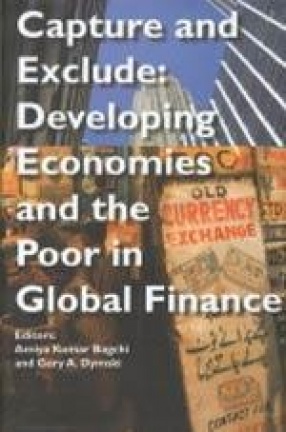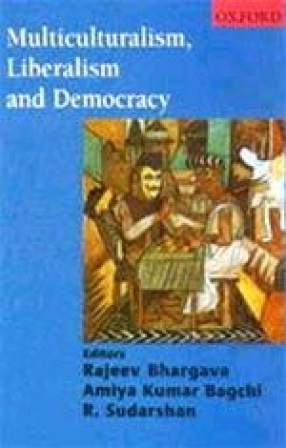Capture and Exclude: Developing Economies and the Poor in Global Finance
Synopsis
The essays gathered in this book address two broad questions. What are the legacies of the imperial age and the colonial epoch, in the capitalist economy of the present day? And what challenges do global financial dynamics pose for developing countries, and for lower- and middle-income households? Increasing cross-border economic flows have attracted ever more attention. Ironically, cross-border financial relations are centuries old: they date to the birth of the modern nation-state, and, indeed, emerged under the dual shadows cast by imperialism and colonialism. Under colonialism, the financial flows were asymmetric, almost always flowing from the periphery to the core. This historical fact has a continuity in the world economy's financial core -- the US, Western Europe, Japan and newly emerging urban East Asia, and a few selected regions elsewhere. There, globalization has, in the past quarter-century, provided ever more investment and credit options for firms and consumers with access to what Marx would have called 'world money'. But any balance-sheet of the contemporary impacts of cross-border financial flows for nations outside this global core--that is, formerly, colonialized and imperially dominated areas--would look quite different. Certainly, there are global 'financial citizens' in these countries, who have benefited from freer global financial flows. But, overall, these nations' macroeconomics have been compromised by contractionary policies forced on them due to recurrent cross border financial crises; further, many micro-economic tragedies have unfolded in the wake of these macroshocks. The chapters in this book investigate three interlocking domains: the terrain of ideology about how global financial markets are supposed to work, across nations and across agents; the terrain of institutions and market structures; and the terrain of macro-economic and regulatory policy. Special attention is paid to the situation of India. This book demonstrates that, because asymmetric power rooted in imperialism and exploitation underlies the current era, exclusion and fragility are persistent features of the world in which we live.
Read more
38.70
34.83
$
43.00 $
Free delivery Wolrdwidе in 10-18 days
Ships in 1-2 days from New Delhi
Membership for 1 Year $35.00
Get it now and save 10%
Get it now and save 10%
BECOME A MEMBER
Books by the same authors











Bibliographic information
Gary A. Dymski